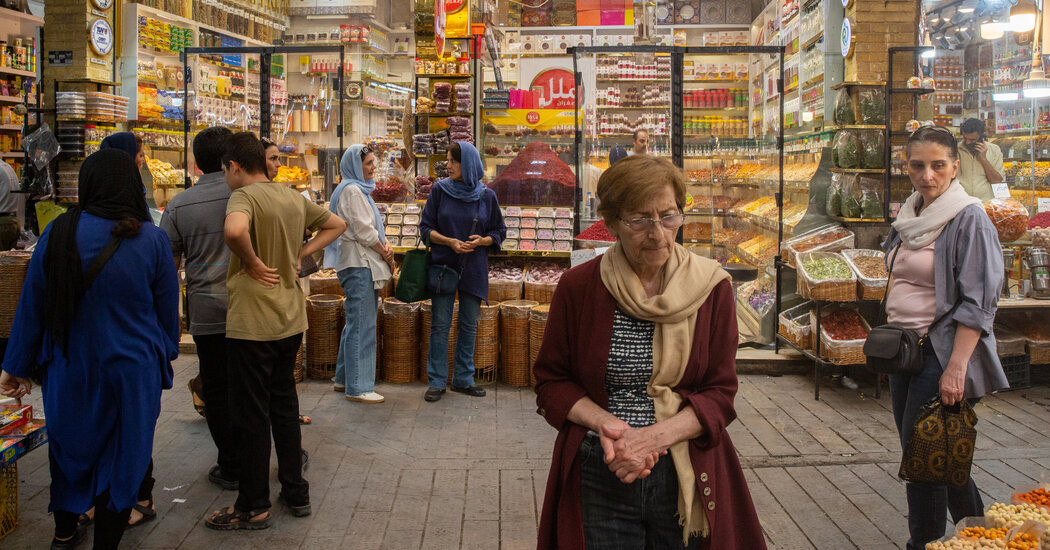

Last week, when bombs were falling over Iran, I saw a post on social media that posed a harrowing question to Iranians: Would you rather have a stranger kill your abusive father, or have him continue to live and abuse your family?
While the question is hypothetical, the post struck me as a painfully precise metaphor for the anguish Iranians are enduring following recent attacks from Israel and the United States.
I, like so many other Iranians, am caught in the devastating paradox of this moment: witnessing a hated internal oppressor — a regime in which people can be killed because of what they wear and what they believe — being attacked by a reviled external aggressor, a state engaged in a campaign of devastating and indiscriminate violence against the population of Gaza.
Now, as the fragile cease-fire between Iran and Israel holds, Iranians are crushed by the emotional weight of pondering the future of their country. Many, like me, have been gripped by a moral paralysis: a schadenfreude at the death of a brutal Islamic Revolutionary Guards Corps commander curdling into grief for the innocent lives lost, and rage that a hostile foreign power would terrorize millions and kill hundreds in Iran to achieve its aim.
I grew up in Iran during the eight years of the Iran-Iraq war, a brutal conflict that landed in a nation already scarred by a century of foreign intervention, most notably the 1953 C.I.A.-backed coup. During those years, I experienced how the Islamic Republic weaponized morality to justify continuing the war while simultaneously inflicting fear and violence on its own people. This formative experience has guided my 15-year career as a scholar of moral psychology, investigating how our most sacred values can paradoxically lead us to intractable conflict and hate.
In this moment of deep uncertainty for my country, my studies of the dark side of human morality have helped me make sense of the fraught moral calculations of a nation.



